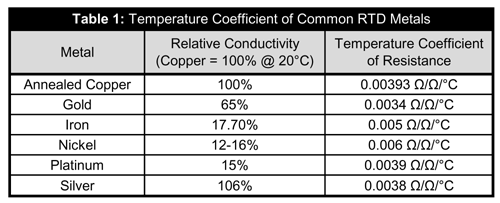Since the human skin acts as a thermal insulator the temperature of the skin isn t an accurate representation of actual body temperature.
Thermistor for body temperature measurement.
Thermistors differ from resistance temperature detectors rtds in that the material used in a thermistor is generally a ceramic or polymer while rtds use pure metals.
The temperature measurement of the surface of the body can be accomplished using different sensors.
The variable t is the ambient temperature in kelvin t0 is usually room temperature also in kelvin 25 c 298 15k b is the beta constant r is the thermistor resistance at the ambient temperature same as rt above and r0 is the thermistor resistance at temperature t0.
Take the corresponding measured resistance values and compute the natural logarithm.
It could be used for human body temperatures but it depends on how you want to measure the body temperature.
Temple and forehead type thermometers use the same technology to measure infrared radiation as ear type thermometers they just measure it from a different location on the body.
The temperature measurement of the surface of the body can be accomplished using different sensor technologies.
Avoid dewing and condensation unless thermistor is specified for these conditions.
Te connectivity te manufactures ntc negative thermal coefficient thermistors thermopiles and digital temperature sensors to support the wide range of accuracy packaging and performance conditions amongst the different.
The adt7422 has an accuracy of 0 1 c over a temperature range of 25 c to 50 c.
Convert the temperature values to kelvins and invert.
Perfluoropolyethers such as galden.
The typical operating temperature range of a thermistor is 55 c to 150 c though some glass body thermistors have a maximal operating temperature of 300 c.
The thermistor measures the cold junction temperature of the thermopile and both the thermopile and thermistor measurements are used to calculate the body temperature.
It is relatively easy to calibrate your own response curves if you have an accurate temperature measurement standard.
Types of sensors like ntc negative thermal coefficient thermistors thermopiles and digital temperature sensors.
This makes the ptc thermistor a little harder to interface with.
Measurement purposes checking the specified resistance vs.
Thermistor linearization curves.
For this reason for most low cost temperature measurement ntc thermistors are preferred.
Temperature the component must not be immersed in water but in suitable liquids e g.
However ptc thermistors have a sort of tipping point and greatly change the resistance at some temperature.









